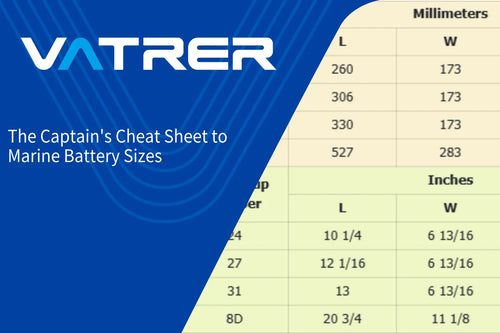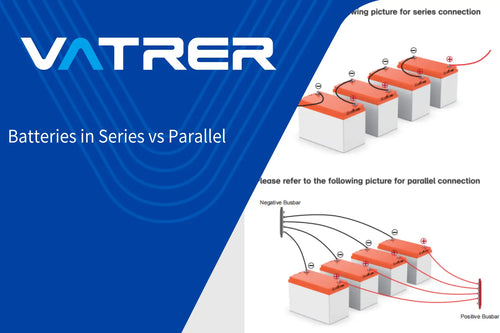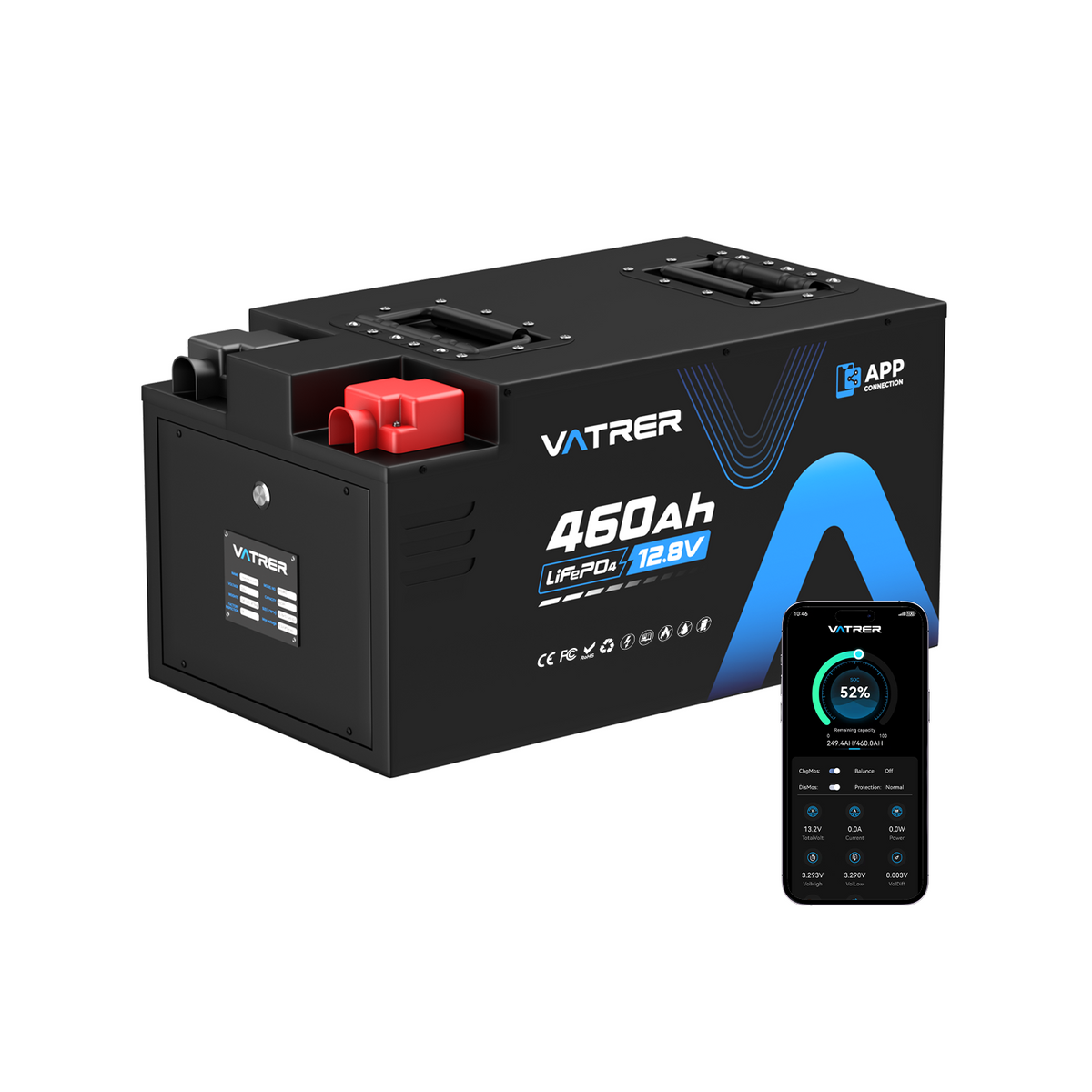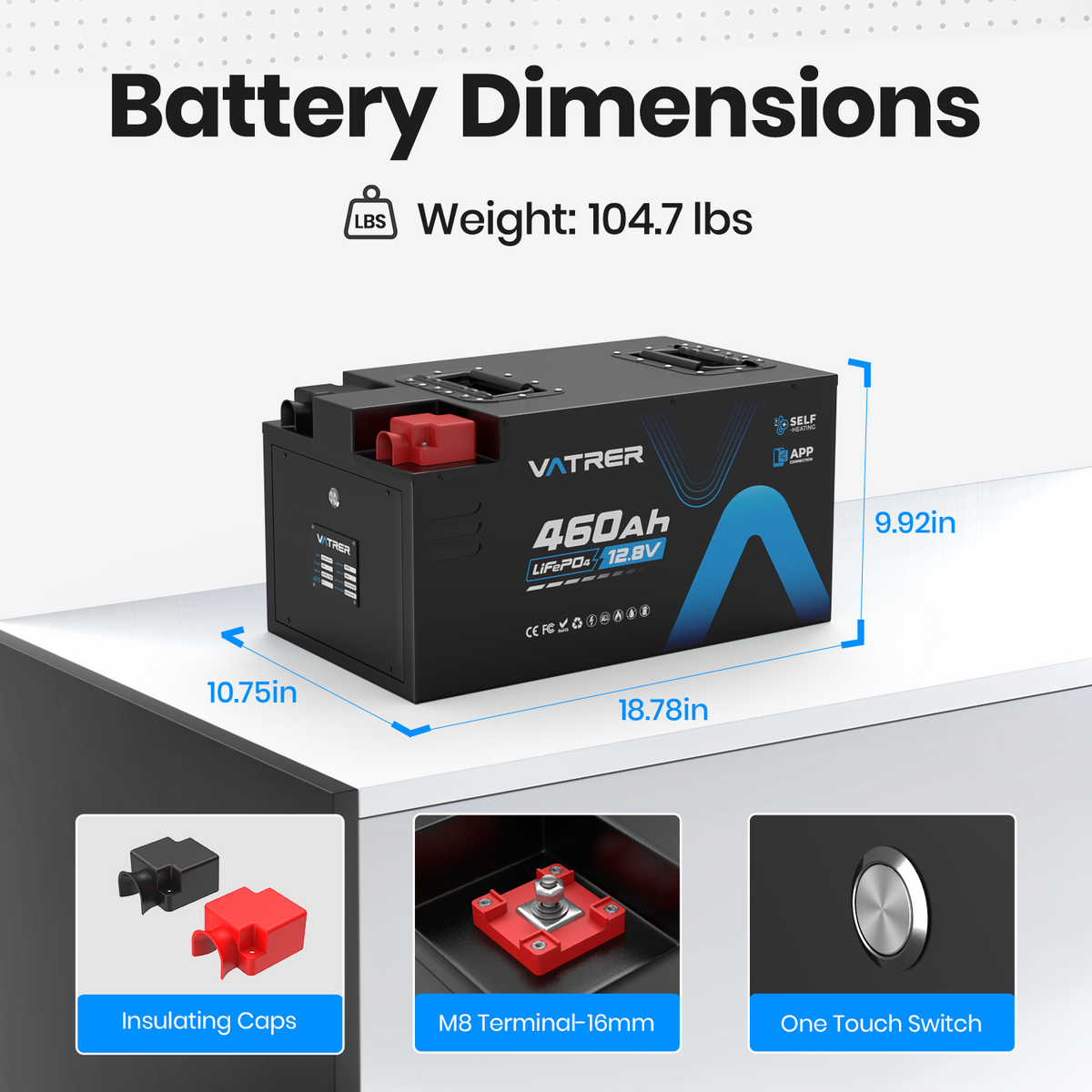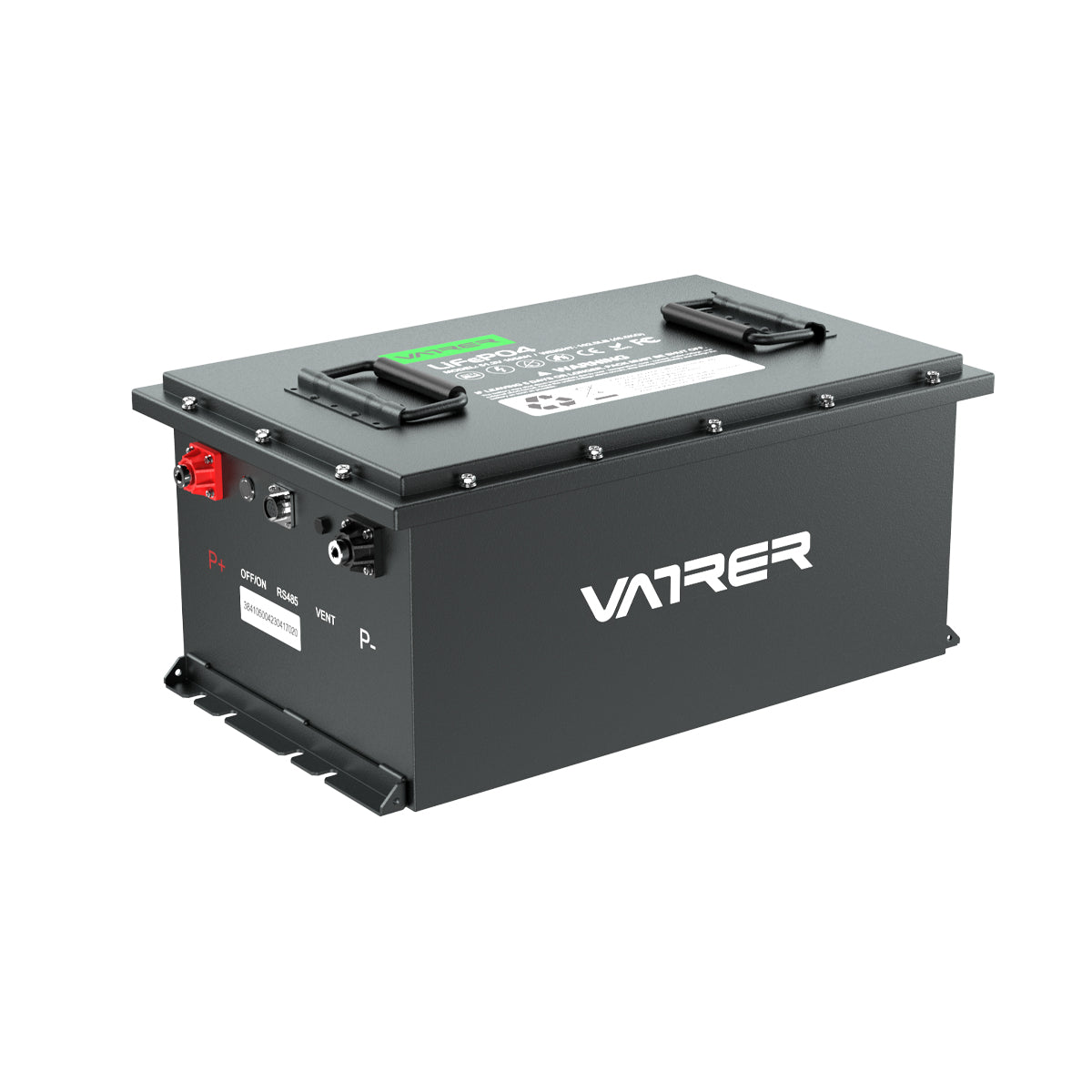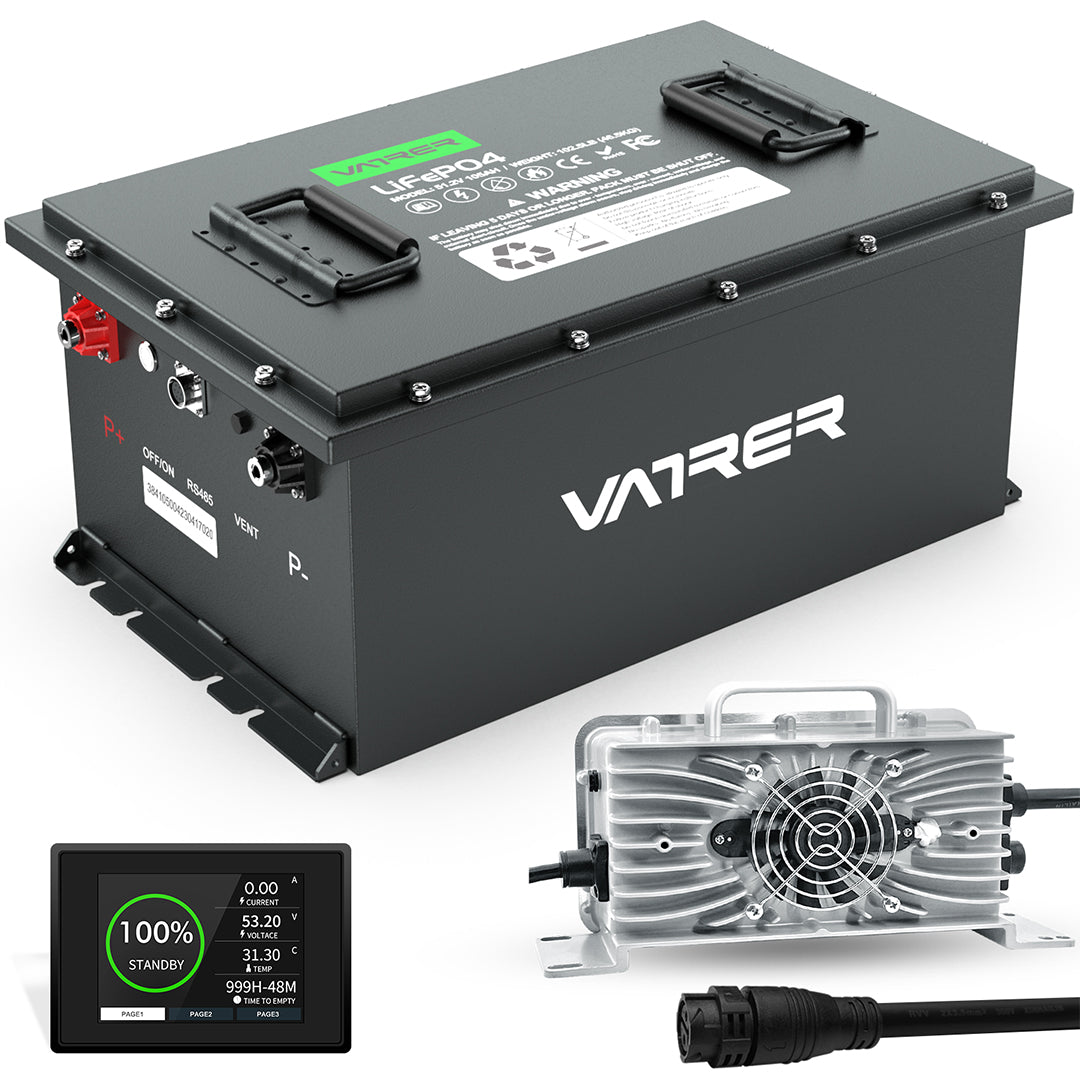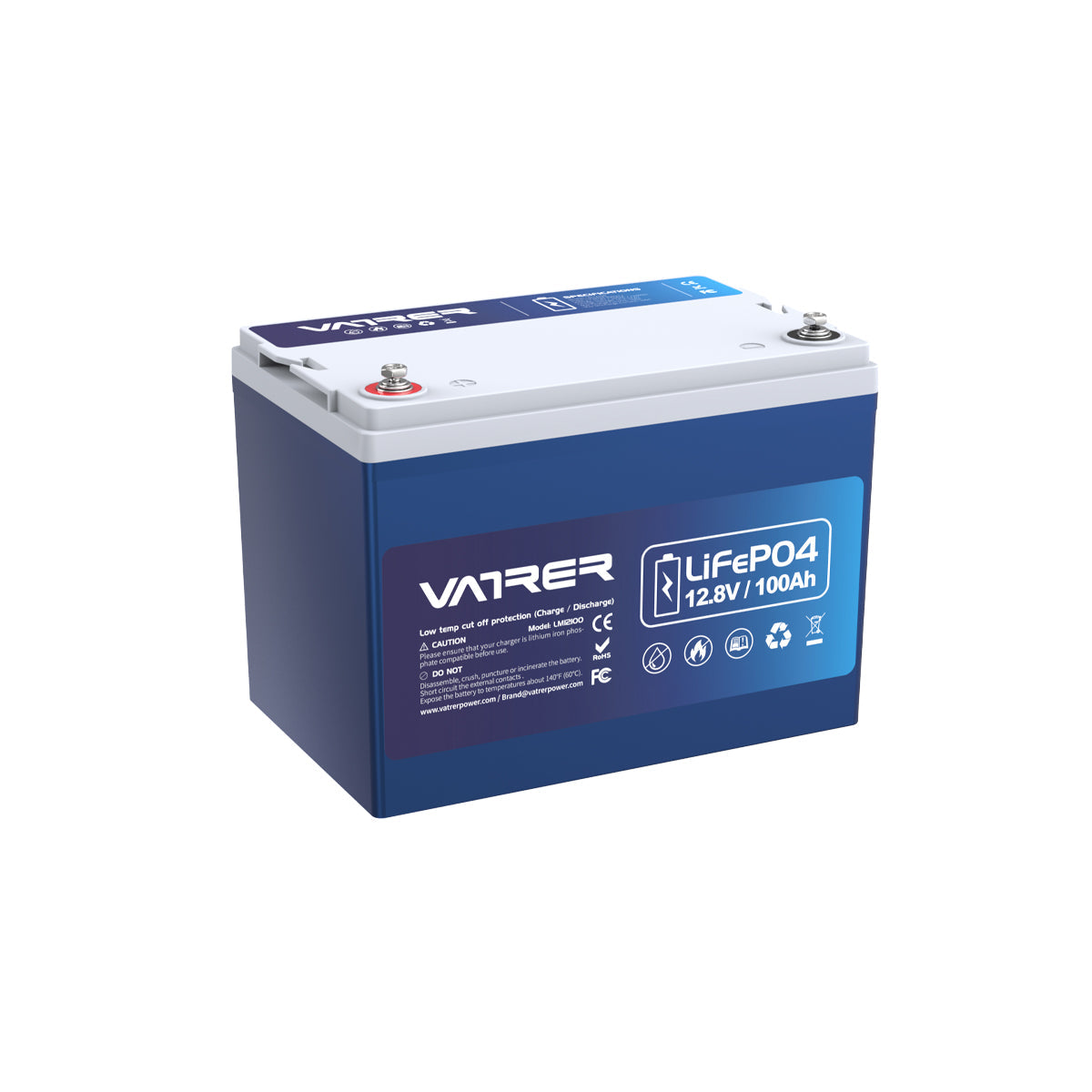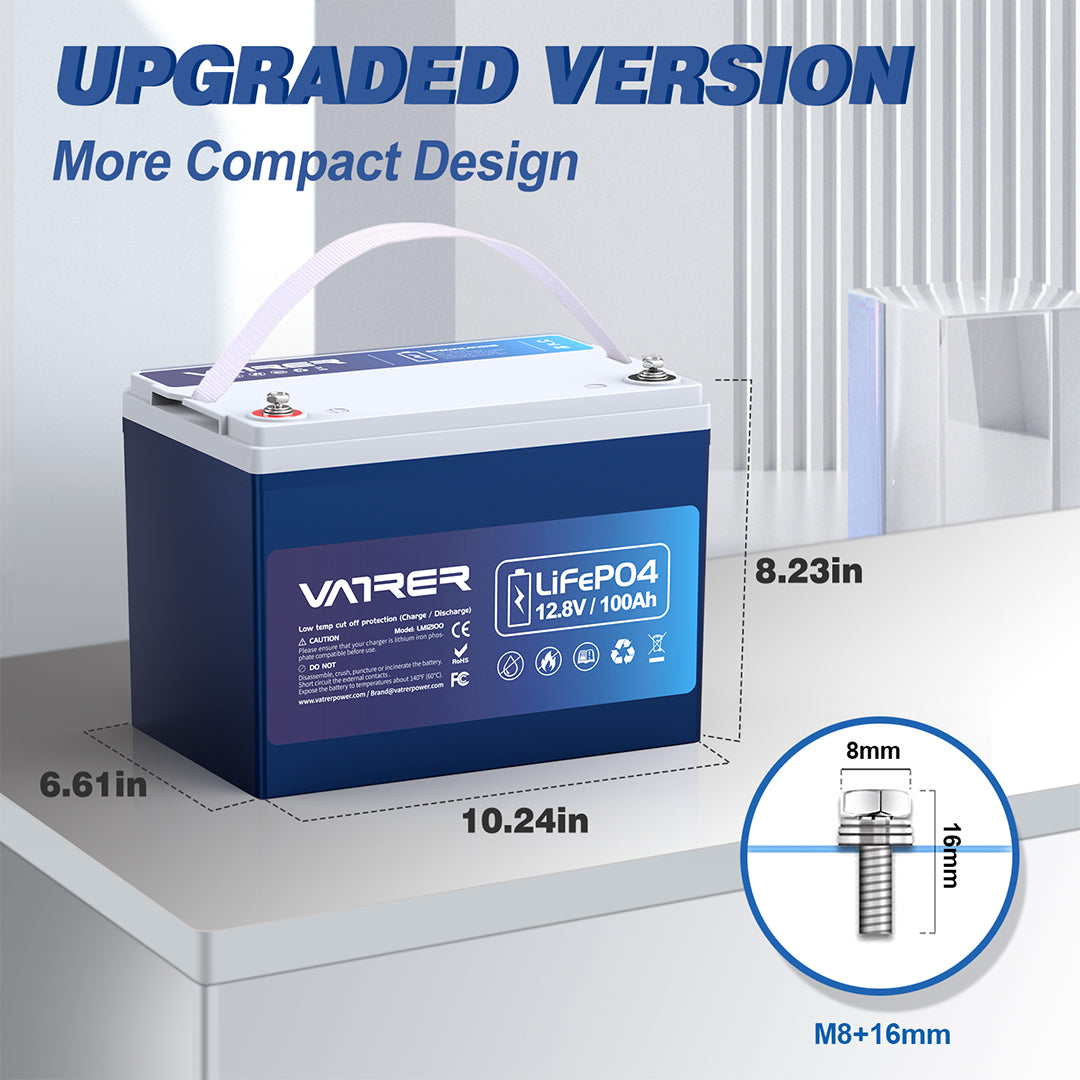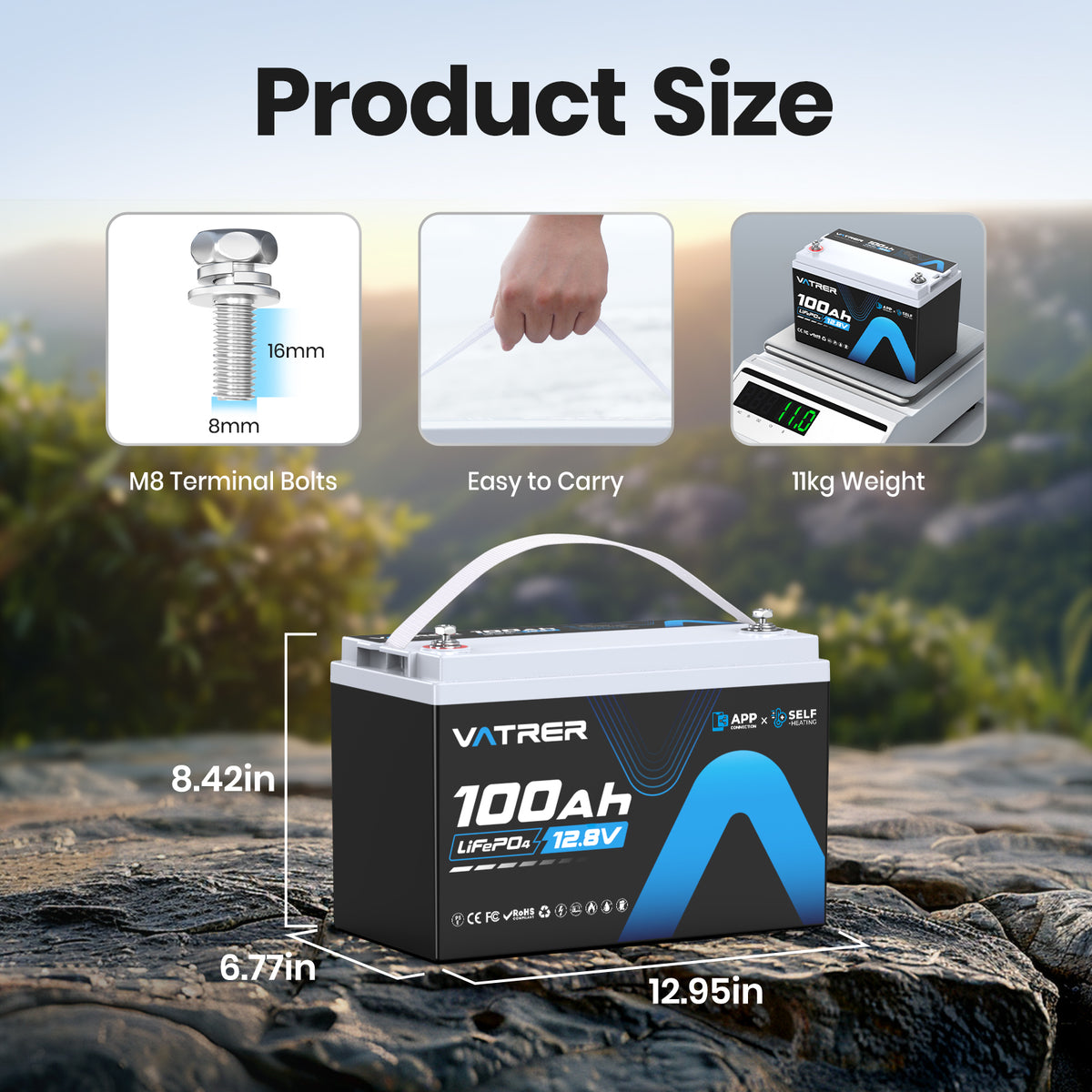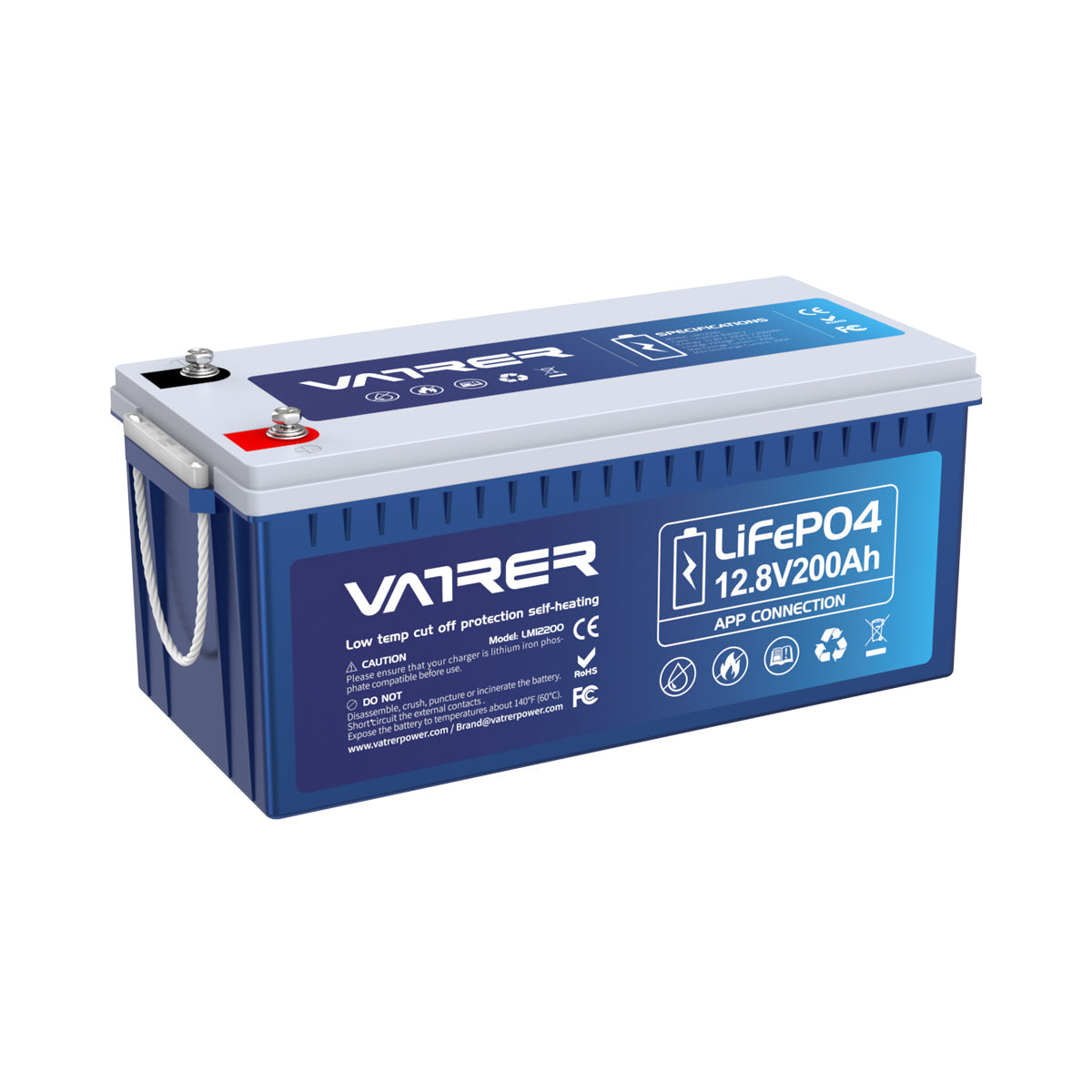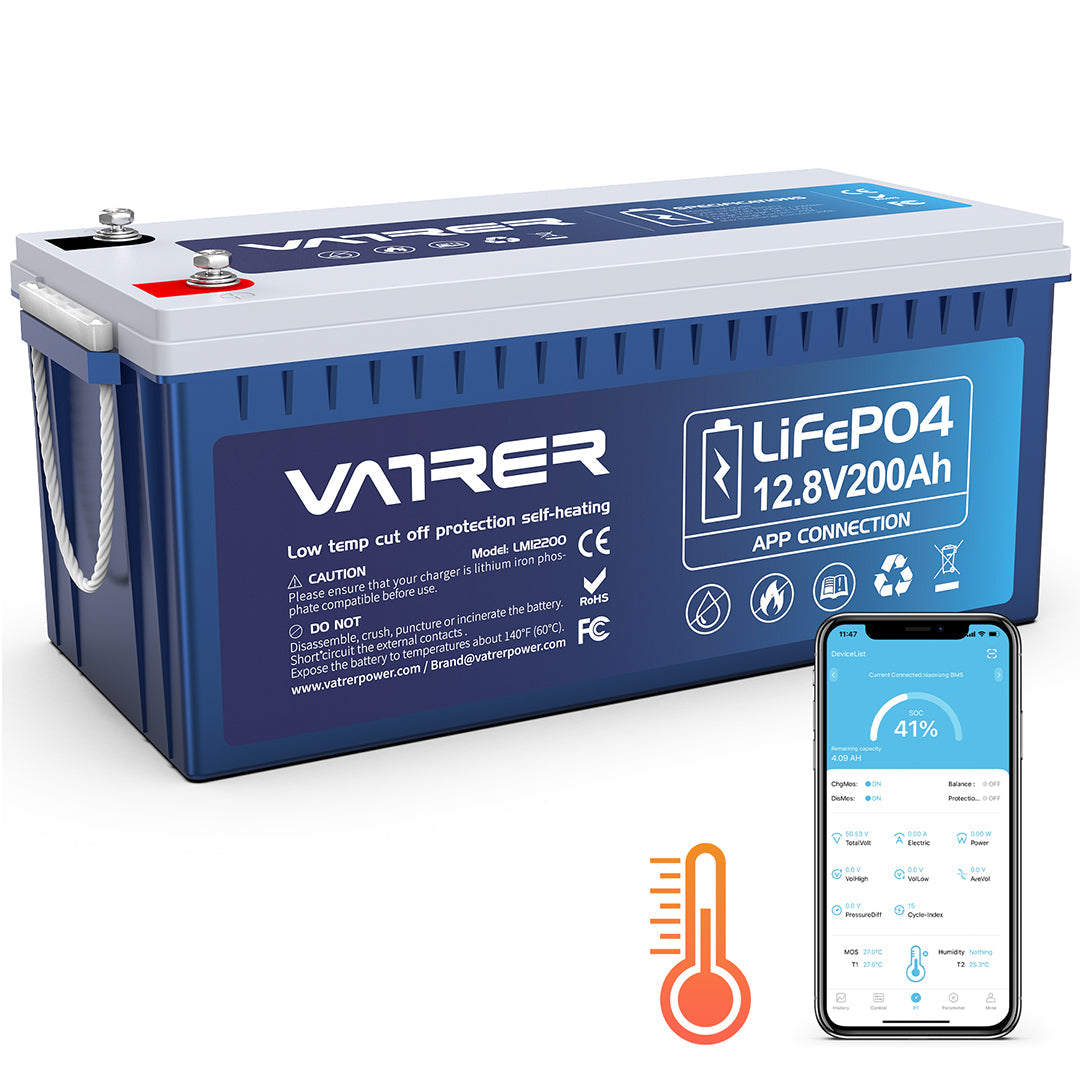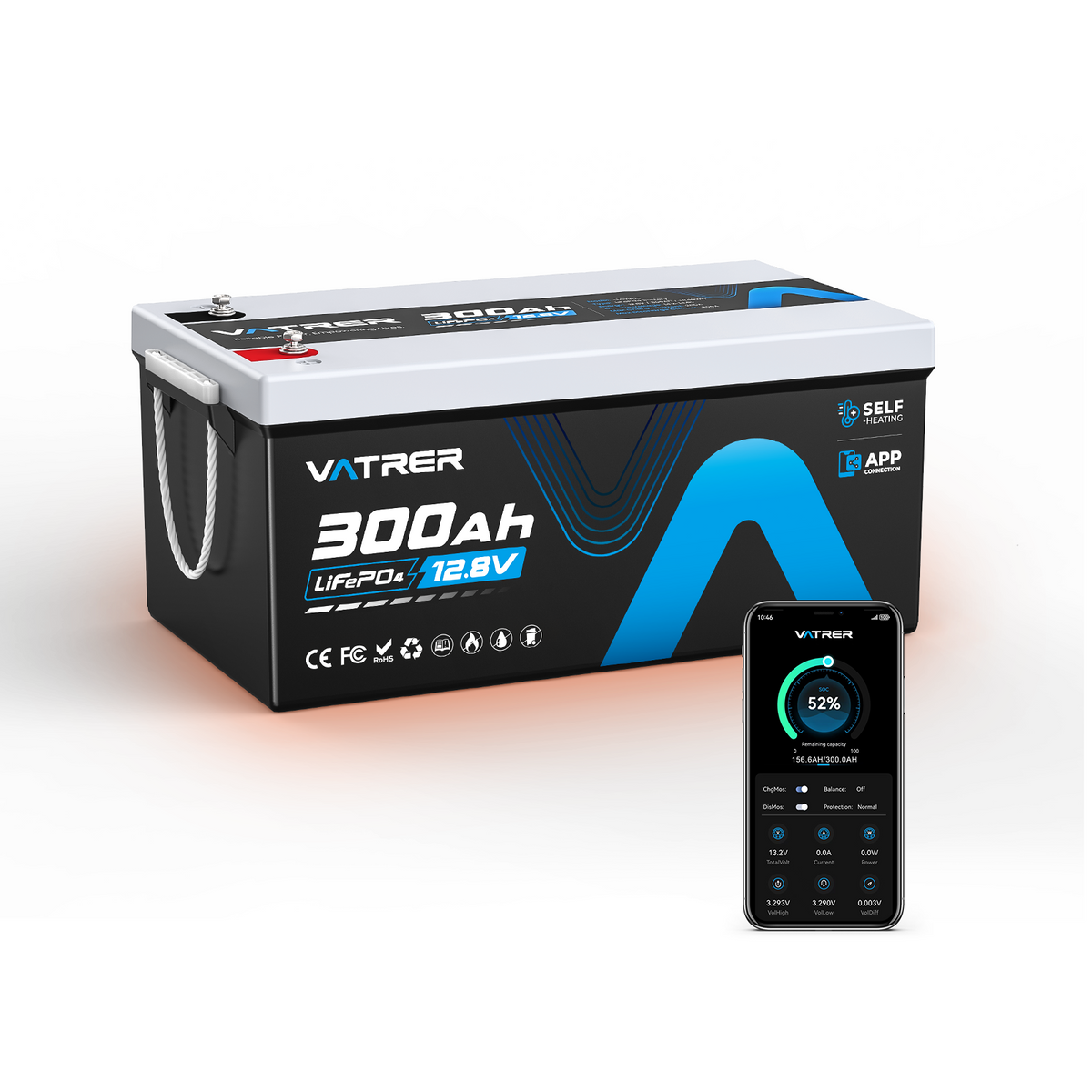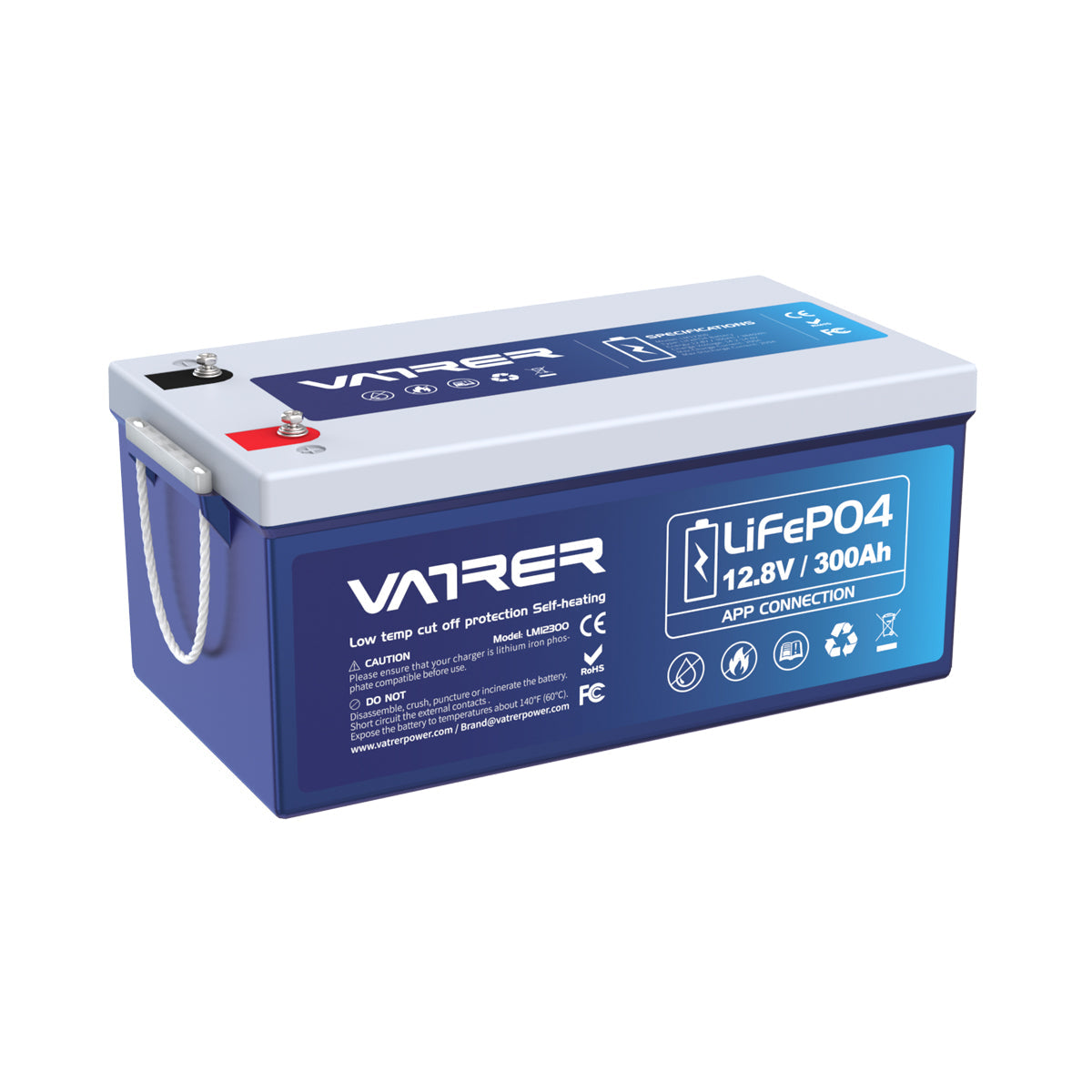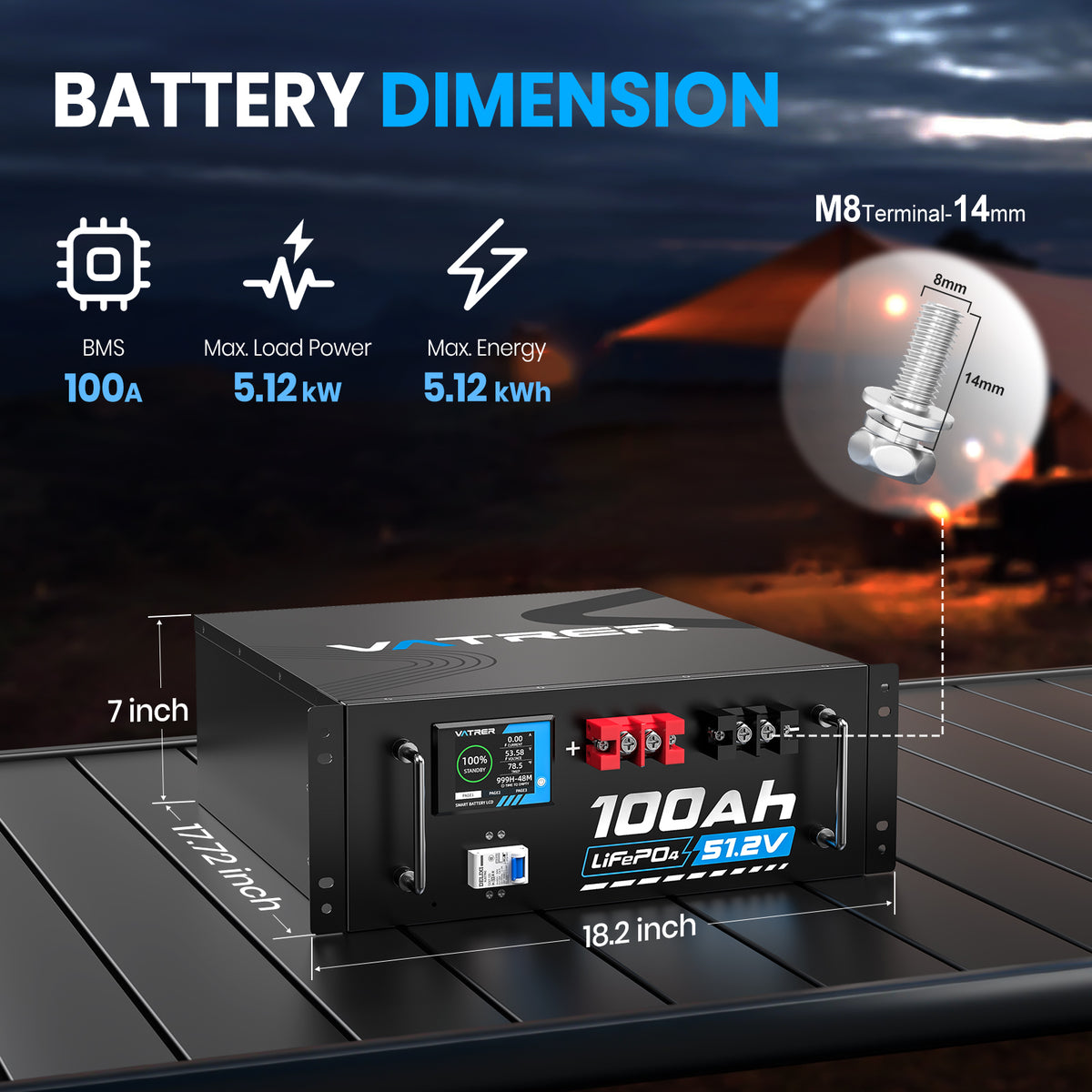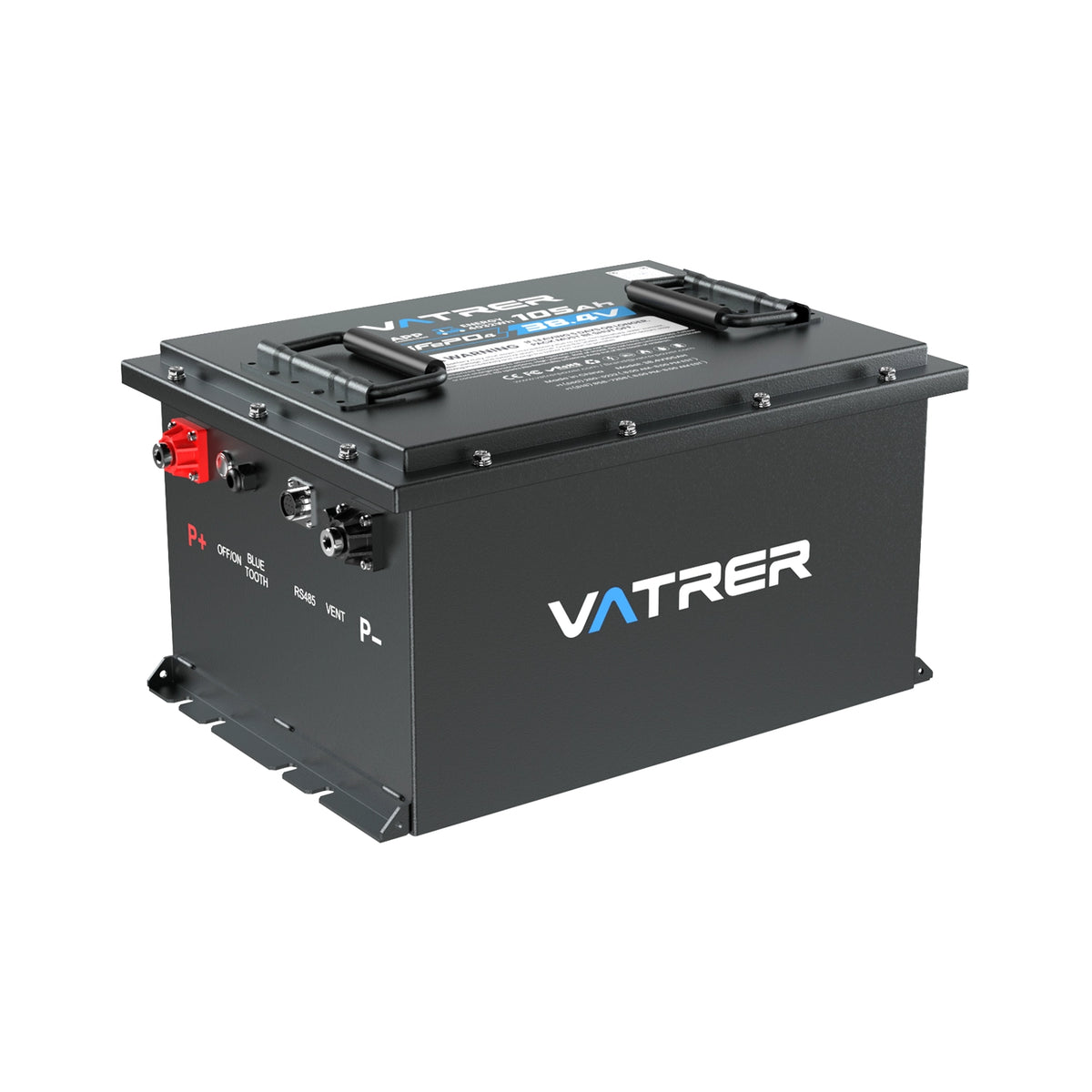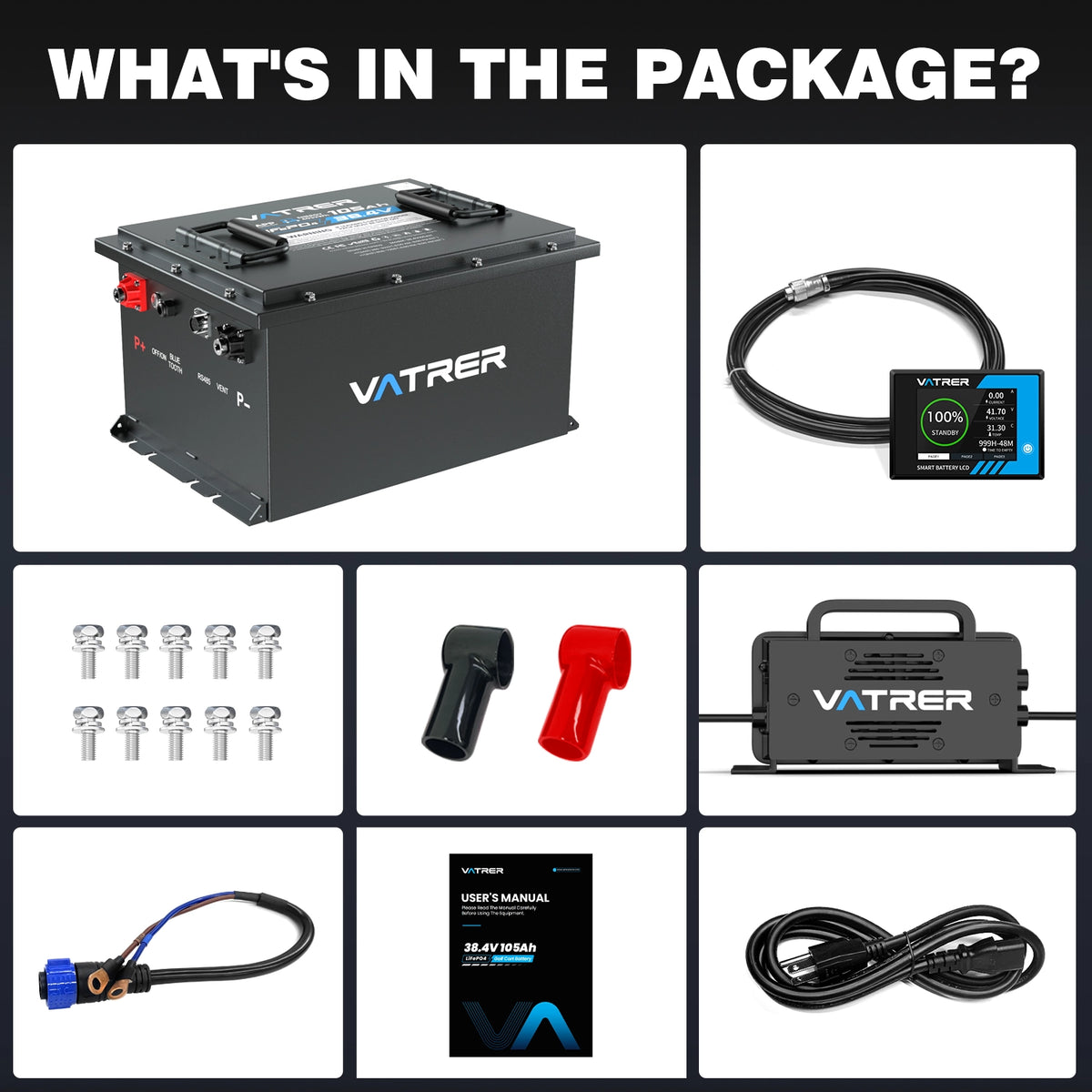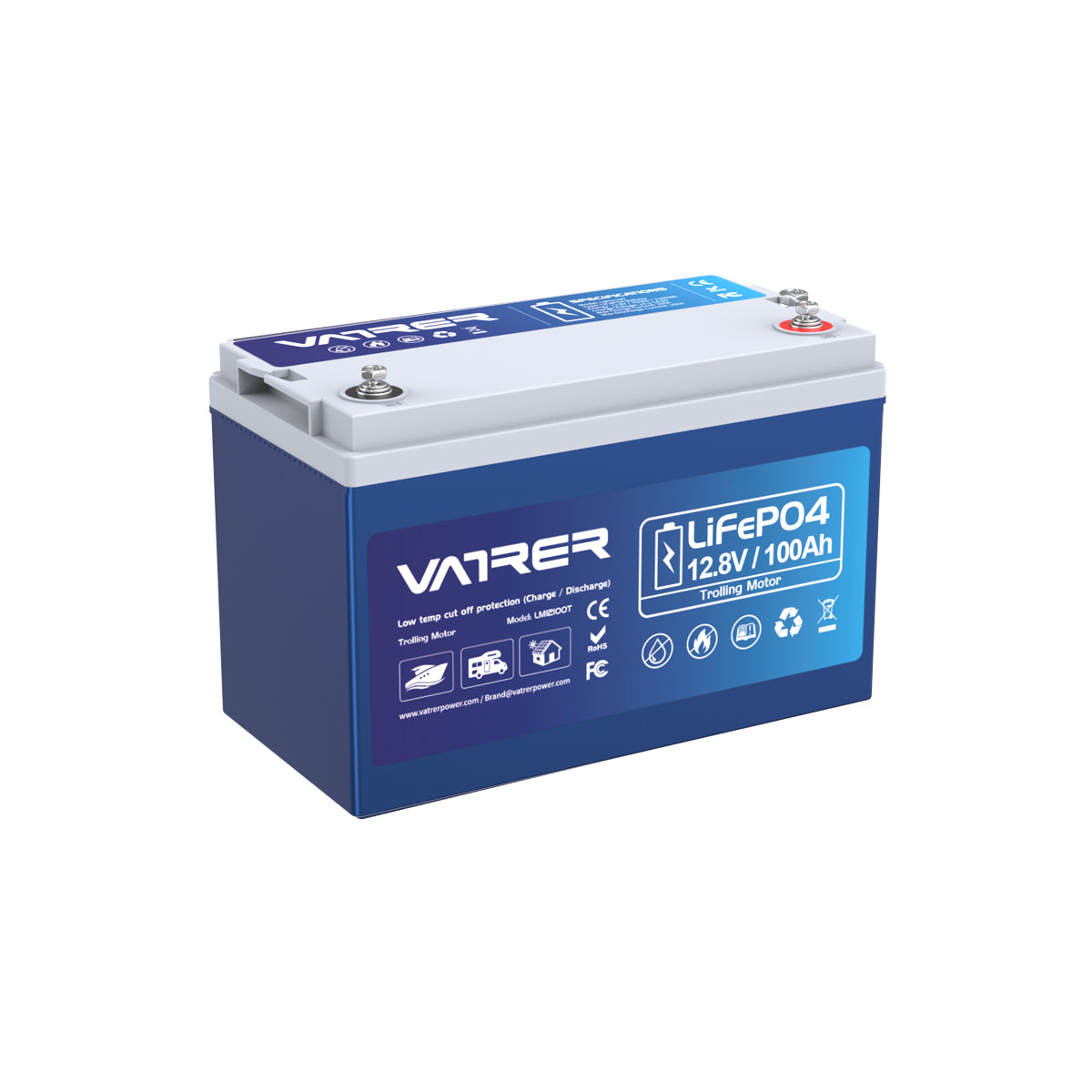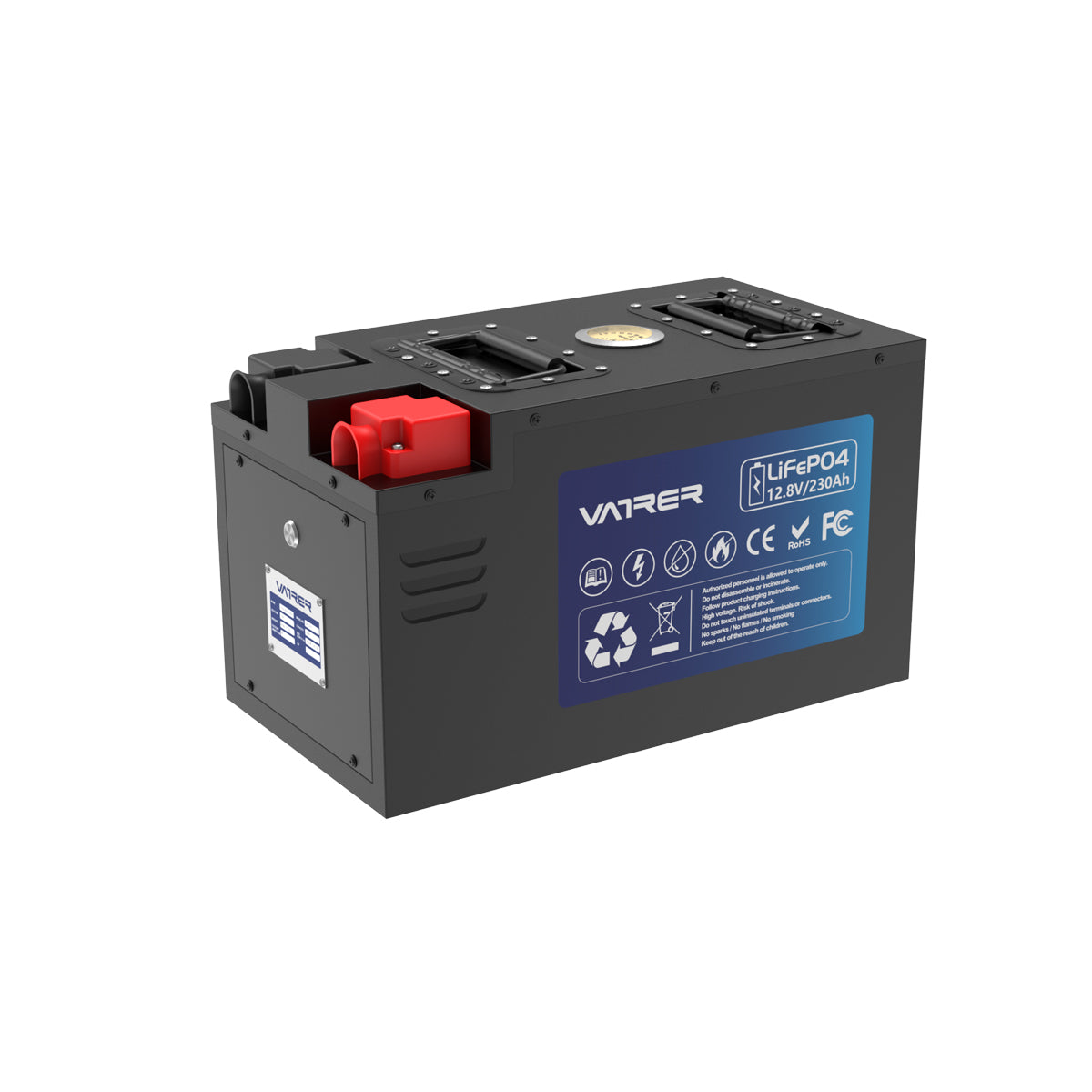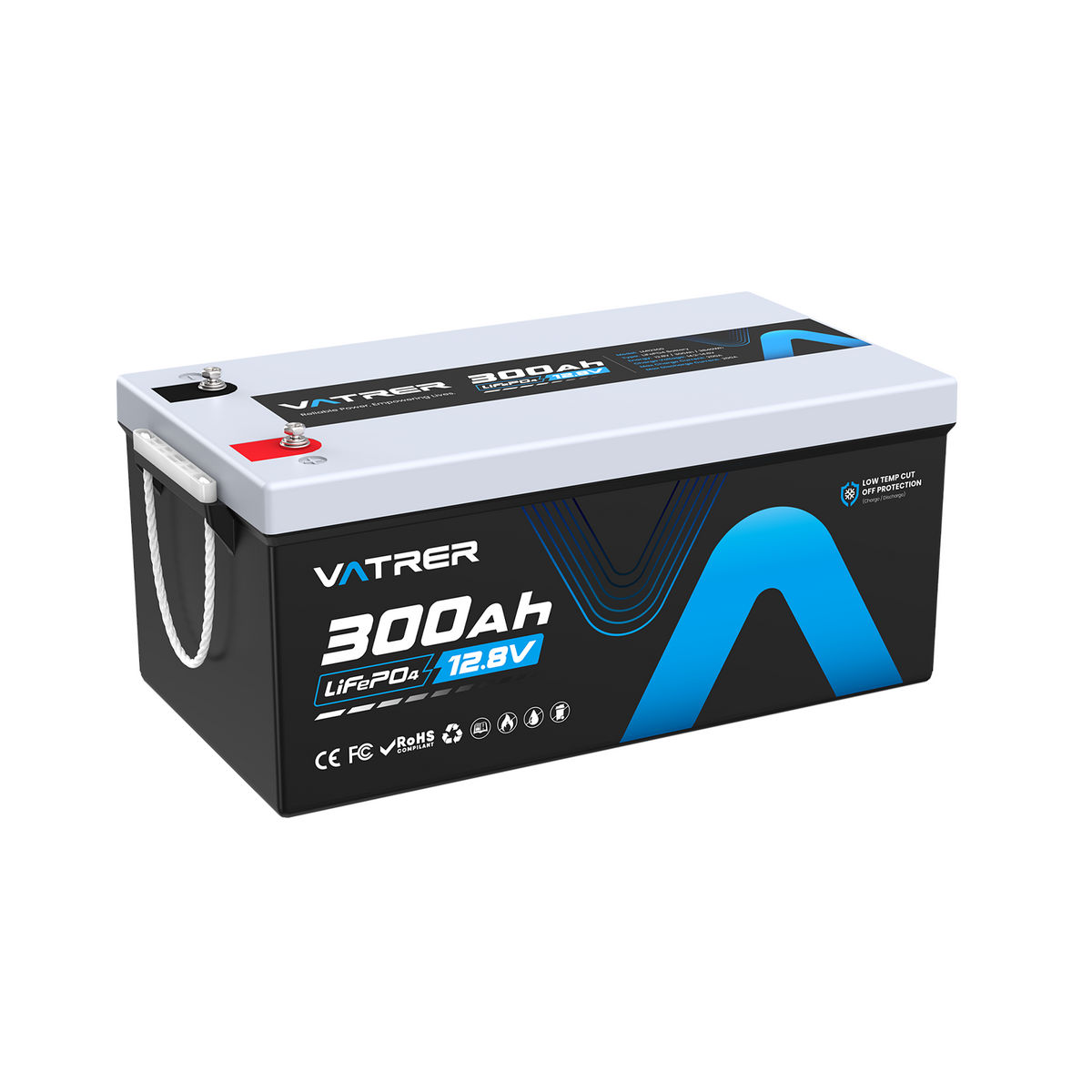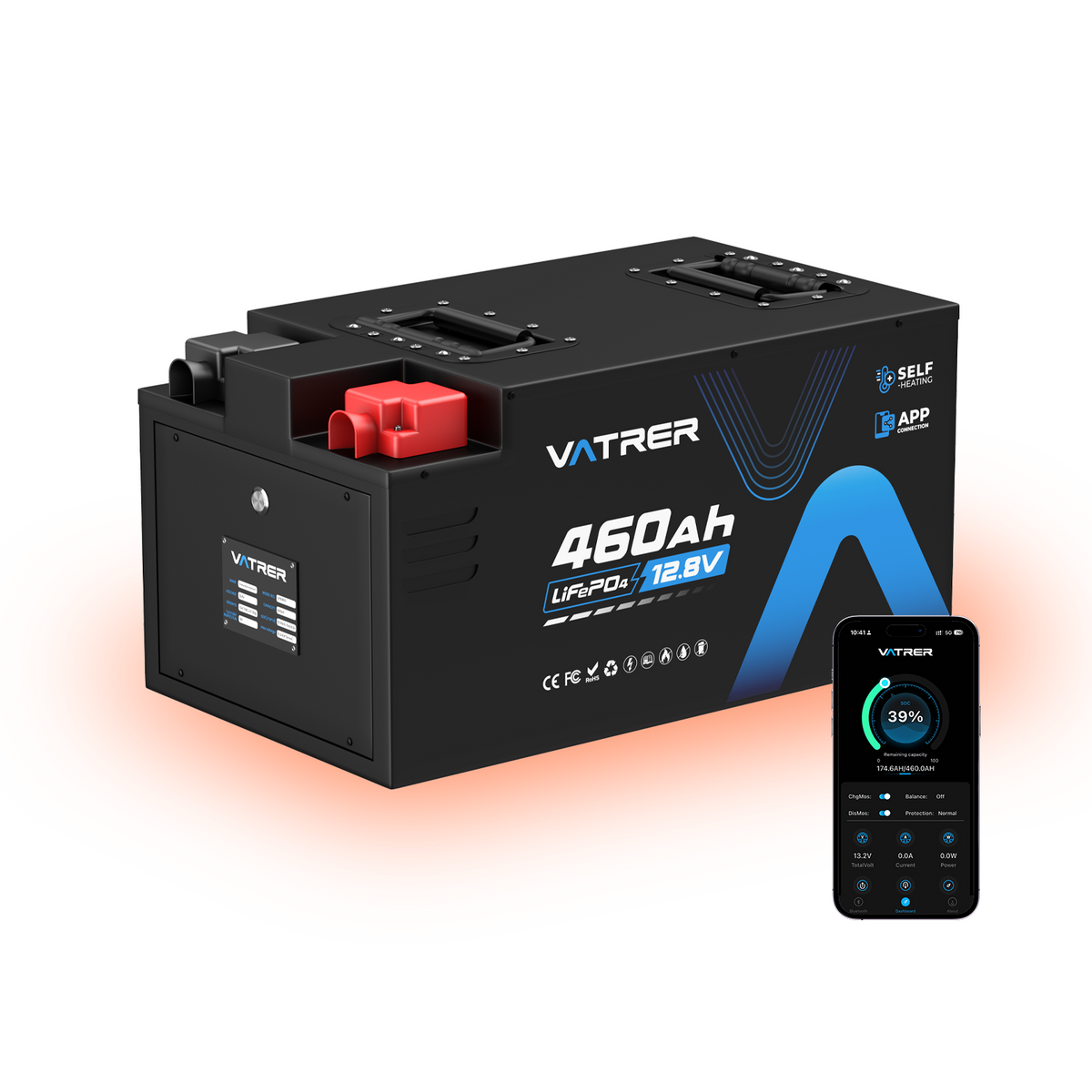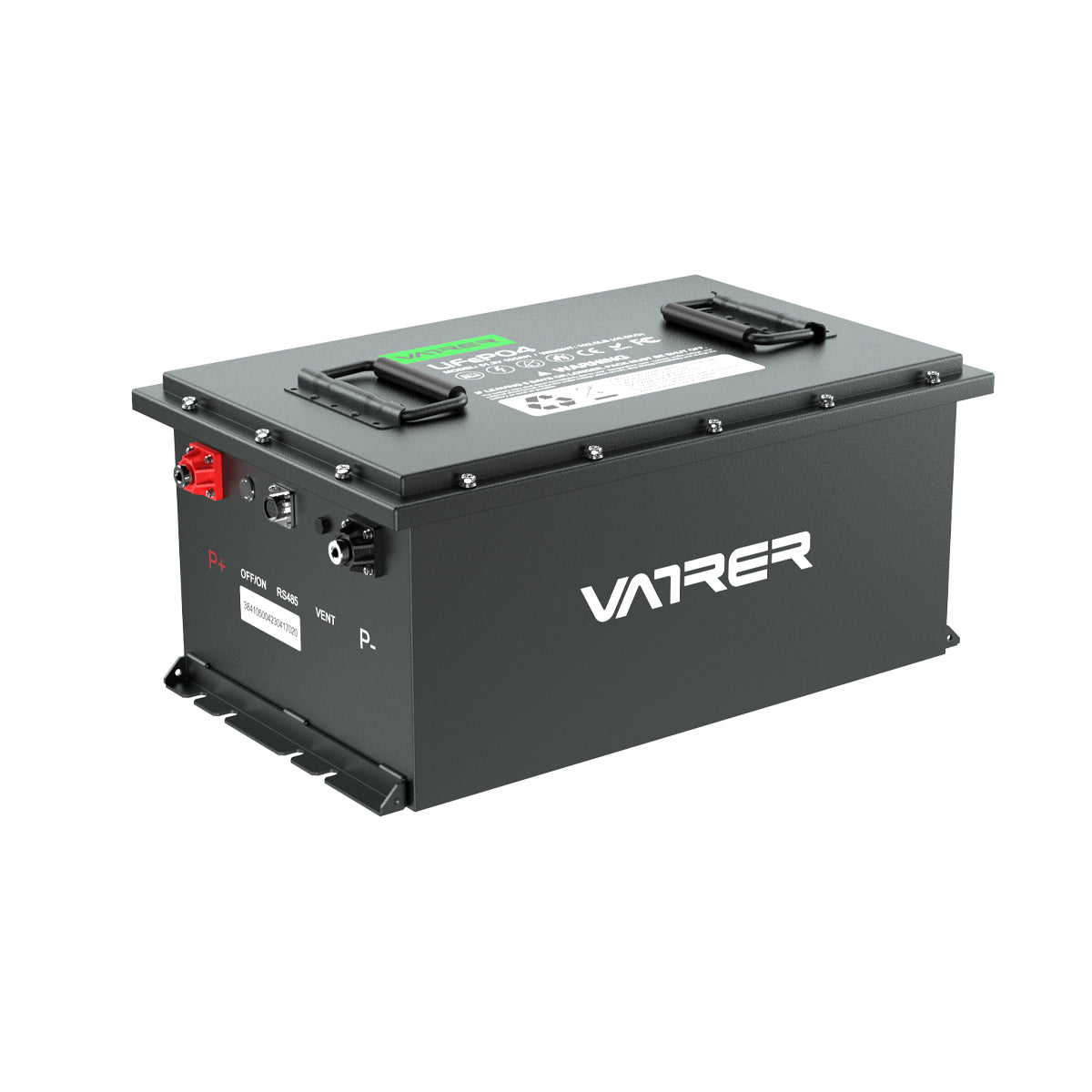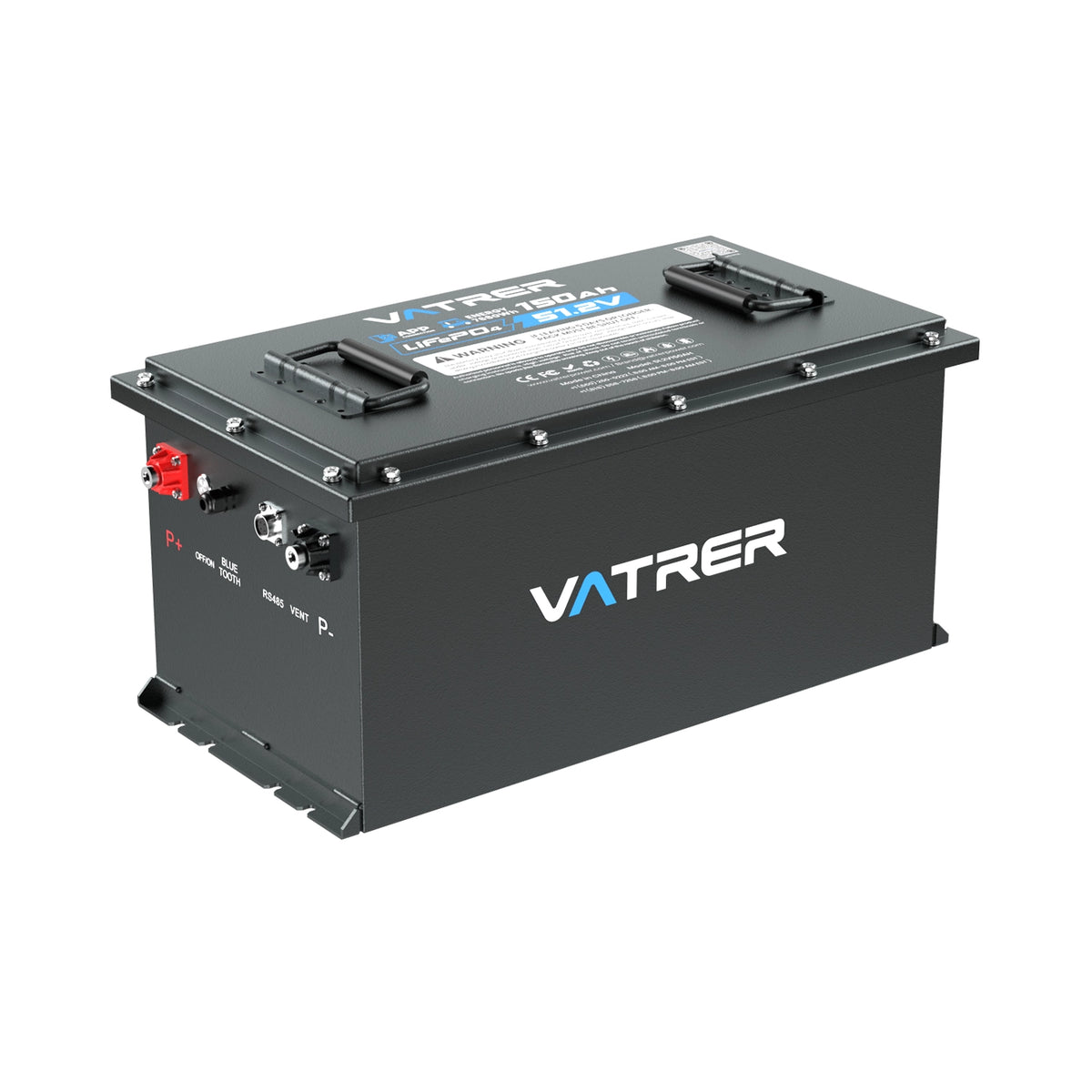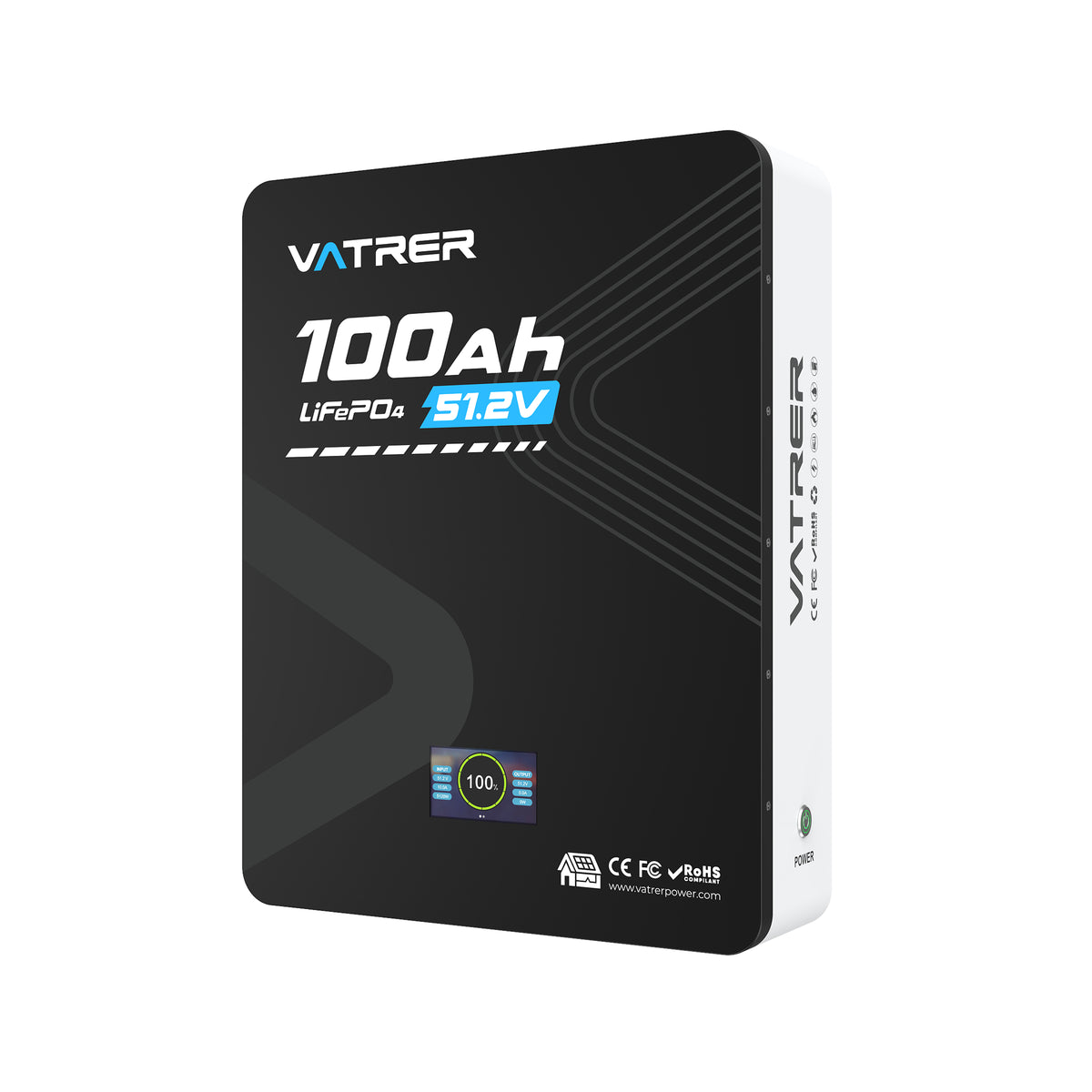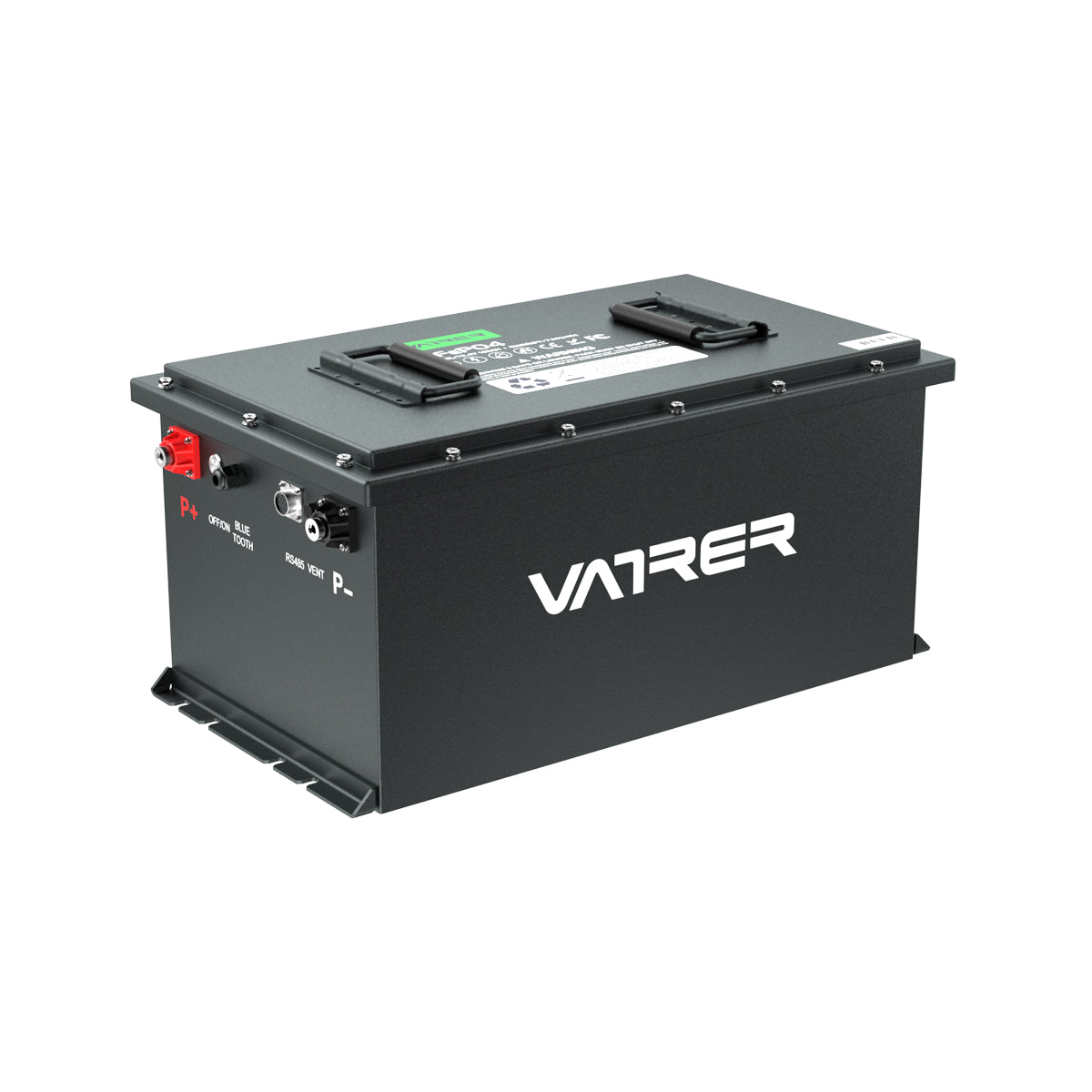1. Introduction
Definition of Deep Cycle Batteries
Deep cycle batteries are a type of lead-acid battery designed to provide a steady amount of current over a long period. Unlike starting batteries, which deliver a quick burst of energy to start an engine, deep cycle batteries are built to be discharged and recharged repeatedly. They are essential in applications where a consistent power supply is needed, such as in marine and recreational vehicle (RV) settings.

Importance in Marine and RV Applications
In marine and RV applications, deep cycle batteries play a crucial role in powering various electrical systems. For marine vessels, these batteries are used to run onboard electronics, trolling motors, and other accessories when the engine is off. In RVs, deep cycle batteries provide power for appliances, lighting, and other electrical needs when the vehicle is not connected to an external power source. The ability to handle multiple cycles of deep discharge makes these batteries indispensable for both marine and RV applications.
2. Deep Cycle Marine Batteries
Construction and Design
Deep cycle marine batteries are specifically designed to withstand the harsh conditions of marine environments. They are constructed with thicker plates and rugged components to resist vibrations, moisture, and corrosive elements. The plates in marine batteries are typically made of lead sponge, which is coarser and heavier than those in starting batteries but not as thick as true deep cycle battery plates.
Performance Characteristics
Marine deep cycle batteries are crafted to deliver a steady amount of power over extended periods. They are ideal for running onboard electronics and accessories, such as GPS units and fish finders, when the engine is off. These batteries are capable of being deeply discharged and recharged many times, making them suitable for marine applications where a consistent power supply is needed.
Vibration Resistance
One of the key features of marine batteries is their ability to withstand vibrations and shocks. The construction of these batteries includes thicker plates and durable components designed to resist the vibrations and impacts that occur on boats due to engine operation and movement on the water. This vibration resistance is crucial for ensuring the longevity and reliability of the battery in marine environments.
Typical Applications
Deep cycle marine batteries are commonly used in boats to power trolling motors, onboard electronics, and other accessories. They are also used in yachts and other watercraft to provide a reliable power source when the engine is not running. The ability to deliver a steady amount of power over a long period makes these batteries ideal for marine applications.
3. Deep Cycle RV Batteries
Construction and Design
Deep cycle RV batteries are designed to provide consistent power for RV applications. They are constructed with thick plates and a denser active material to withstand deeper discharge cycles. These batteries are typically available in two main types: flooded lead-acid and sealed lead-acid. Flooded lead-acid batteries are cost-effective but require regular maintenance, while sealed lead-acid batteries, including AGM and Gel, are maintenance-free and resistant to vibrations and spills.
Performance Characteristics
RV deep cycle batteries are optimized for providing steady, long-term power. They are capable of being deeply discharged and recharged many times, making them ideal for powering electrical appliances and accessories in RVs. These batteries are designed to handle frequent deep discharges and recharges, ensuring a reliable power supply for RV applications.
Longevity and Maintenance
The longevity of deep cycle RV batteries depends on how they are used, maintained, and charged. Proper maintenance, such as regular monitoring of the depth of discharge and prompt recharging after use, can significantly extend the life of these batteries. Sealed lead-acid batteries, such as AGM and Gel, are maintenance-free and offer a longer lifespan compared to flooded lead-acid batteries.
Typical Applications
Deep cycle RV batteries are used to power appliances, lighting, and other electrical needs in RVs when the vehicle is not connected to an external power source. They provide a reliable power supply for RV applications, ensuring that the vehicle's electrical systems can operate independently for extended periods.
4. Key Differences
Design and Construction
The primary difference between deep cycle marine and RV batteries lies in their design and construction. Marine batteries are built to withstand the harsh conditions of marine environments, with thicker plates and rugged components to resist vibrations and shocks. In contrast, RV batteries are designed to provide consistent power for RV applications, with a focus on longevity and maintenance.
Performance in Specific Environments
Marine batteries are optimized for performance in marine environments, where they must withstand vibrations, moisture, and corrosive elements. RV batteries, on the other hand, are designed to provide steady power for RV applications, with a focus on handling frequent deep discharges and recharges.
Cost Considerations
Generally, marine batteries tend to be more expensive due to their specialized design and construction, which is tailored for the demanding marine environment. RV batteries are typically less expensive but might not offer the same level of durability or performance in a marine setting. The cost of these batteries should be considered in relation to their intended use and the specific demands of the application.
5. Conclusion
Summary of Differences
In summary, while both deep cycle marine and RV batteries are designed to provide consistent power over extended periods, they differ in their construction, performance characteristics, and cost. Marine batteries are built to withstand the harsh conditions of marine environments, with a focus on vibration resistance and durability. RV batteries are designed to provide steady power for RV applications, with a focus on longevity and maintenance.
Recommendations for Choosing the Right Battery
When choosing between a deep cycle marine battery and a deep cycle RV battery, it is important to consider the specific demands of your application. For marine applications, where vibration resistance and durability are crucial, a marine battery is the best choice. For RV applications, where consistent power and longevity are important, an RV battery is the ideal option. By understanding the differences between these batteries, you can make an informed decision and select the right battery for your needs.

